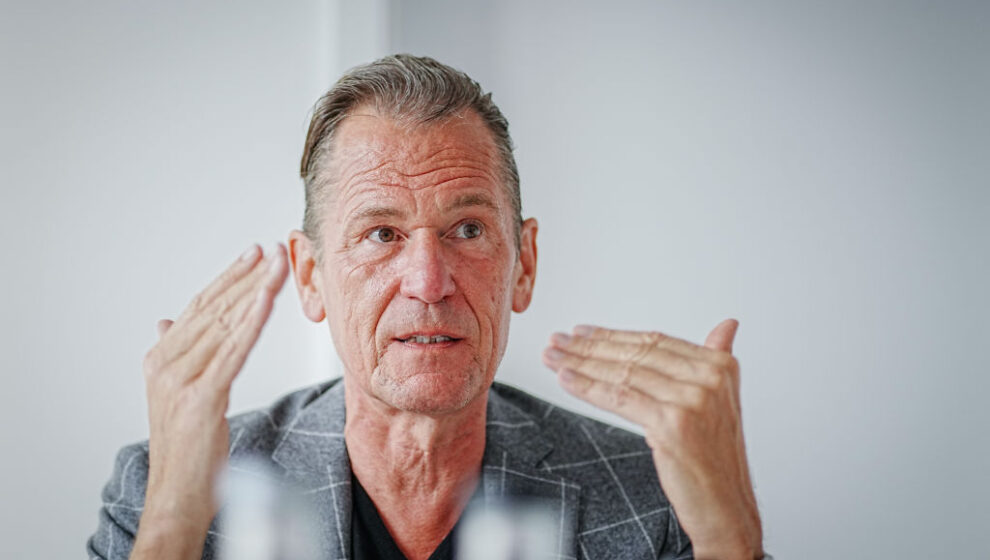The head of one of the largest periodical publishers in Europe is looking to incorporate artificial intelligence (AI) into media and cut costs on writing, research, and copyediting.
Key Details
- Axel Springer is the largest European periodical publisher, and its presence in U.S. media is growing.
- The parent company of Politico and Business Insider looks at technology like ChatGPT as an opportunity to reduce costs, yet it must also balance the possibility that AI will introduce errors into content.
- CEO Mathias Döpfner is trying to prepare his company for the world of AI, something he sees as inevitable.
- As part of his “digital only” vision, Döpfner recently cut 20% of the newsroom staff at the European media company Bild. Staff who were let go were replaced by AI or some form of automation.
- As such a large media company, Döpfner’s decisions for Axel Springer will significantly influence how AI enters the world of journalism.
Why it’s news
Many CEOs are eager to embrace AI, and Döpfner is no different. However, journalism is a more complicated field for AI usage. For now, AI tools are imperfect and can often introduce errors or make up information. While the technology will likely improve, full use of AI in media may not be possible yet. ChatGPT may not be writing full articles, but it can streamline current operations and give writers some assistance.
At the Cannes Lions Festival, Döpfner explained to Fortune Editor-In-Chief Alyson Shontell that Axel Springer’s decision to lay off more than 17,000 employees has to do with his strategy of staying ahead of AI.
“We don’t want to be forced by developments that are so obvious everybody does it—we want to be ahead of the curve. We want to be at the forefront of these innovations, and we have said it is, for us, very obvious that certain structures and certain workflows are just not up to date any longer,” he says.
Backing Up a Bit
As part of the company’s plan to stay ahead technologically speaking, Döpfner says the company is focusing on more of a remote work layout. Rather than large offices with dozens of managerial staff, the company focuses on “on the street” reporters. By focusing the company’s resources on investigative reporters and writing experts, Döpfner says the company can produce greater content while letting AI handle mundane tasks.
News-related jobs will not be the only thing altered by AI, Döpfner predicts. How these companies advertise and remain profitable will also shift.
“I think that advertising remains very, very important,” Döpfner says. “I don’t see a reason why it wouldn’t. But how advertising is executed, that will change. It will be more efficient to the benefit of customers and to the benefits of media brands.”
Notable quote
“I think the whole idea that we aggregate information that is out there because wire services have provided it, or other media have reported on it, and that then an editor sits down and rewrites it, is a totally outdated model. Nobody will ever do it. You do it in a second with generative A.I.,” Döpfner says. “When large language models can simply do it better, why would I need a person for that? But the person who’s really writing the super interesting, fascinating, charismatic, contrary editorial, or the person who is coming up with a great report on Cannes Lions at the beach, that will be always needed.”
